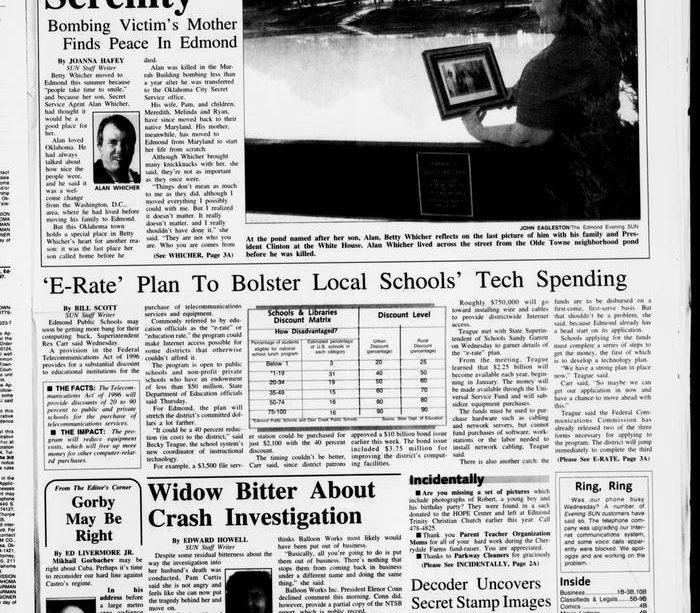The Sun Newspaper: A Look into Its Impact and Relevance

Introduction
The Sun newspaper, established in 1964, has long been a cornerstone of British media. Known for its sensational headlines and tabloid style, it plays a significant role in shaping public opinion. With over two million copies sold daily, The Sun is one of the most widely read newspapers in the UK. Its influence on popular culture and political discourse makes it a relevant topic, especially as media consumption evolves in the digital age.
Current Events and Coverage
Recently, The Sun has made headlines by transitioning more content to its online platform, reflecting wider trends in news consumption where digital formats are increasingly preferred. As part of this shift, the newspaper has enhanced its digital offerings, including interactive features and live updates on key events, from entertainment to politics.
In the realm of political reporting, The Sun has been at the forefront of discussions surrounding the UK’s latest legislative changes and election campaigns. With its provocative headlines and in-depth analyses, the newspaper has sparked debates on significant issues such as Brexit, healthcare, and climate change, standing firm in its commitment to keeping the public informed.
Significance and Influence
The Sun has been often termed as a ‘kingmaker’ in British politics, having a notable history of swaying public sentiment and influencing election outcomes. Its editorial stance has been known to shift according to political trends, which raises questions about the role of media in democratic processes. Critics argue that its sensationalist approach can sometimes veer into the realm of misinformation, while supporters claim that it provides necessary entertainment and accessible news to a broader audience.
Conclusion
As The Sun newspaper continues to adapt to the changing landscape of media consumption, its relevance in society remains unchallenged. With the rise of social media and alternative news outlets, traditional publications like The Sun must navigate the delicate balance between sensationalism and factual reporting. Looking ahead, its ability to engage with younger audiences and maintain journalistic integrity will determine its place in the future of British media. For readers, staying informed through reputable outlets, while acknowledging the potential for bias and sensationalism, is crucial in today’s information-rich environment.






